
In 2011, venture capitalist Marc Andreessen predicted in his essay “Why Software Is Eating the World” that software would significantly dominate various sectors of the economy. Fast forward to 2024, it appears that software's influence has reached academia, evidenced by computer scientists Geoffrey Hinton and Demis Hassabis receiving Nobel prizes in physics and chemistry, respectively. Hinton, who is not formally a physicist, earned recognition for his discovery of backpropagation—a method critical to the advancement of neural networks and machine learning. Despite a rocky academic start and a year as a carpenter, Hinton's contributions have been pivotal, especially in conjunction with advancements like the transformer model developed by Google researchers. Hinton shares the physics Nobel with John Hopfield, whose work on Hopfield networks and Boltzmann machines was grounded in physics principles. Media often label Hinton as "the godfather of AI, " but in person, he is amiable, witty, and humble.
His recognition with the Turing Award in 2018 indicated his standing in the field, despite the absence of a Nobel prize in computer science—a situation that might warrant reconsideration given the sector's growing prominence. At 77, Hinton exemplifies persistence, having believed in neural networks' potential long after they faced skepticism in academia. His confidence may stem from his lineage, being a descendant of mathematician George Boole, whose logic forms the foundation of digital technology. Receiving the Nobel brings its own challenges, as Seamus Heaney described in 1995, comparing it to a "mostly benign avalanche" that transforms winners into public figures inundated with demands. As Hinton steps into the spotlight, he should remain vigilant about managing his newfound visibility and commitments. Additionally, I recommend reading Jill Lepore's insightful New Yorker essay, "Is a Chat With a Bot a Conversation?" and Heather Cox Richardson’s recent Substack issue for further engaging content.
Geoffrey Hinton and Demis Hassabis: Nobel Laureates Redefining AI's Role in Academia

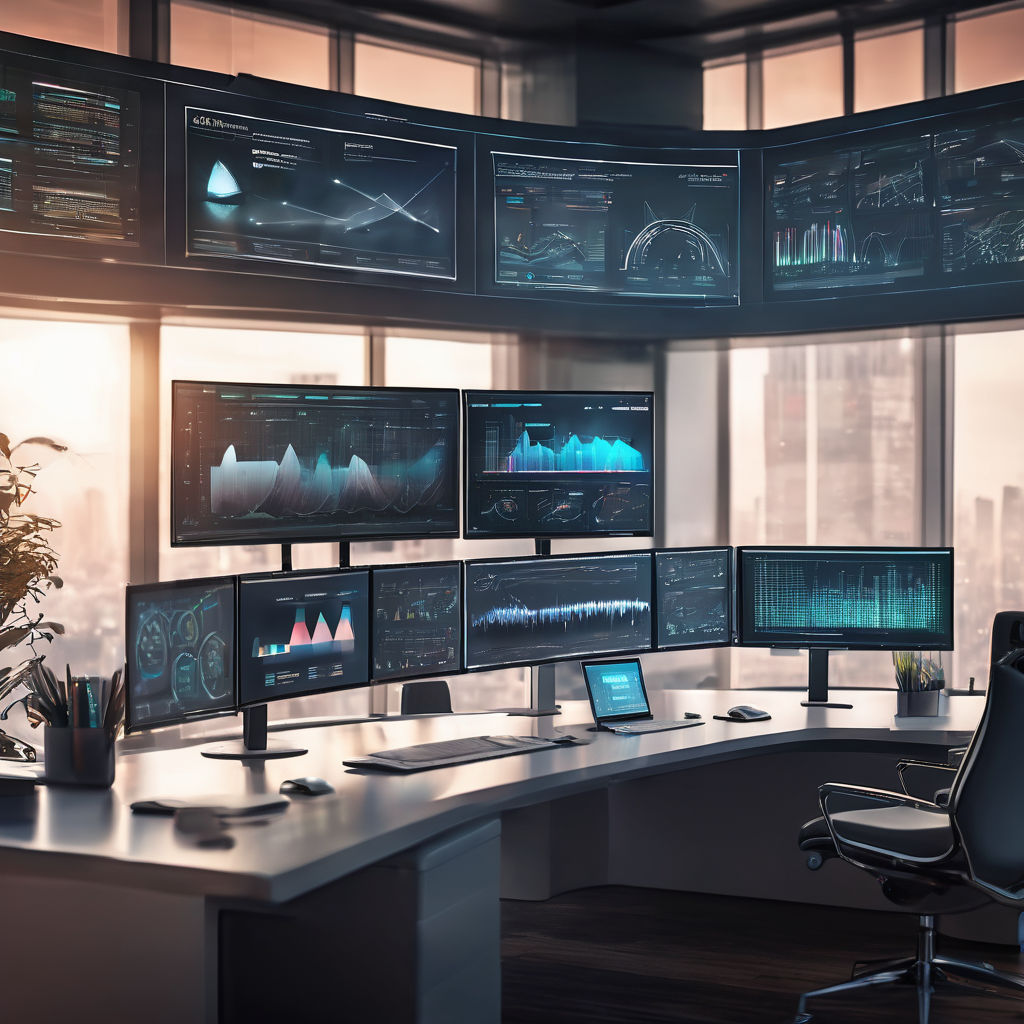
AI Generated Content (AIGC) Market Summary AIGC technologies optimize production workflows, enabling enterprises to deliver content faster while maintaining brand consistency amid evolving market demands
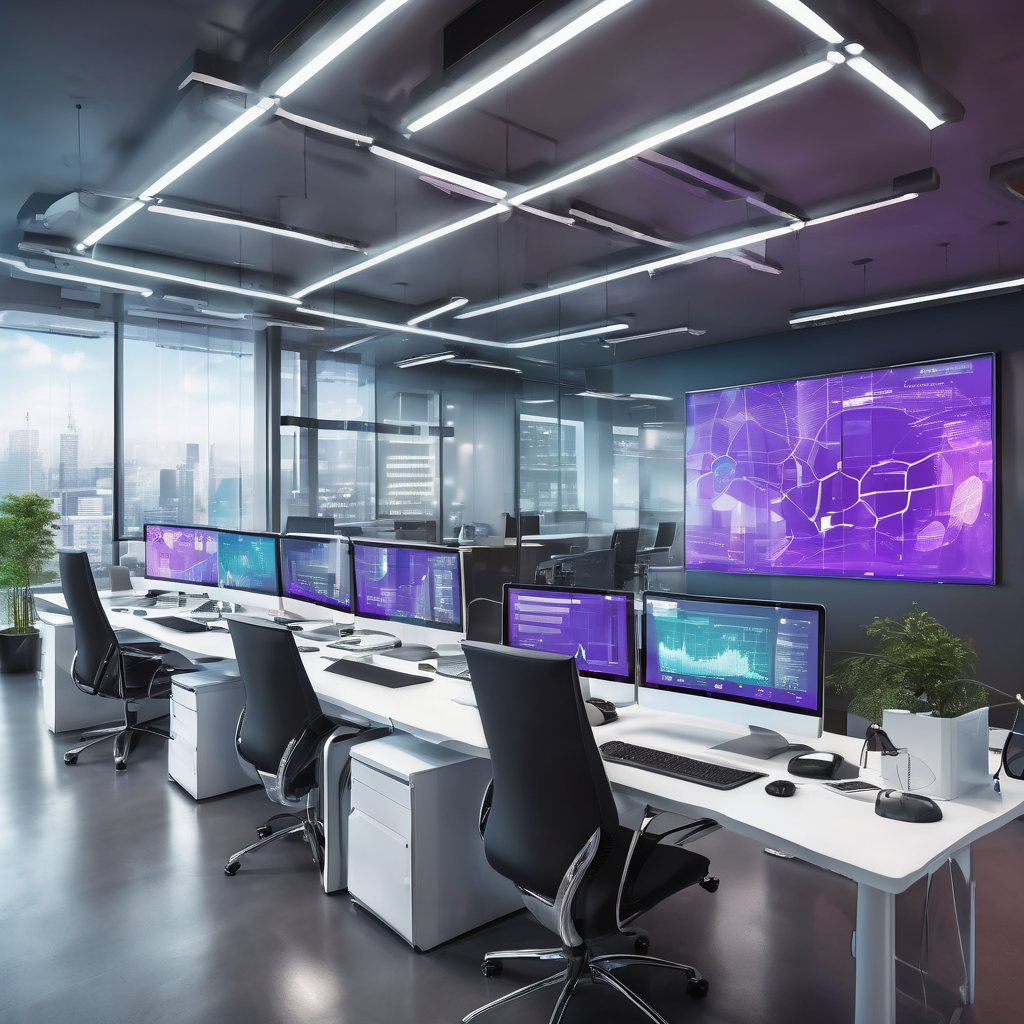
Mike Crosby of Circana highlights the channel’s agility in quickly spotting opportunities to grow business, noting an acceleration already underway.
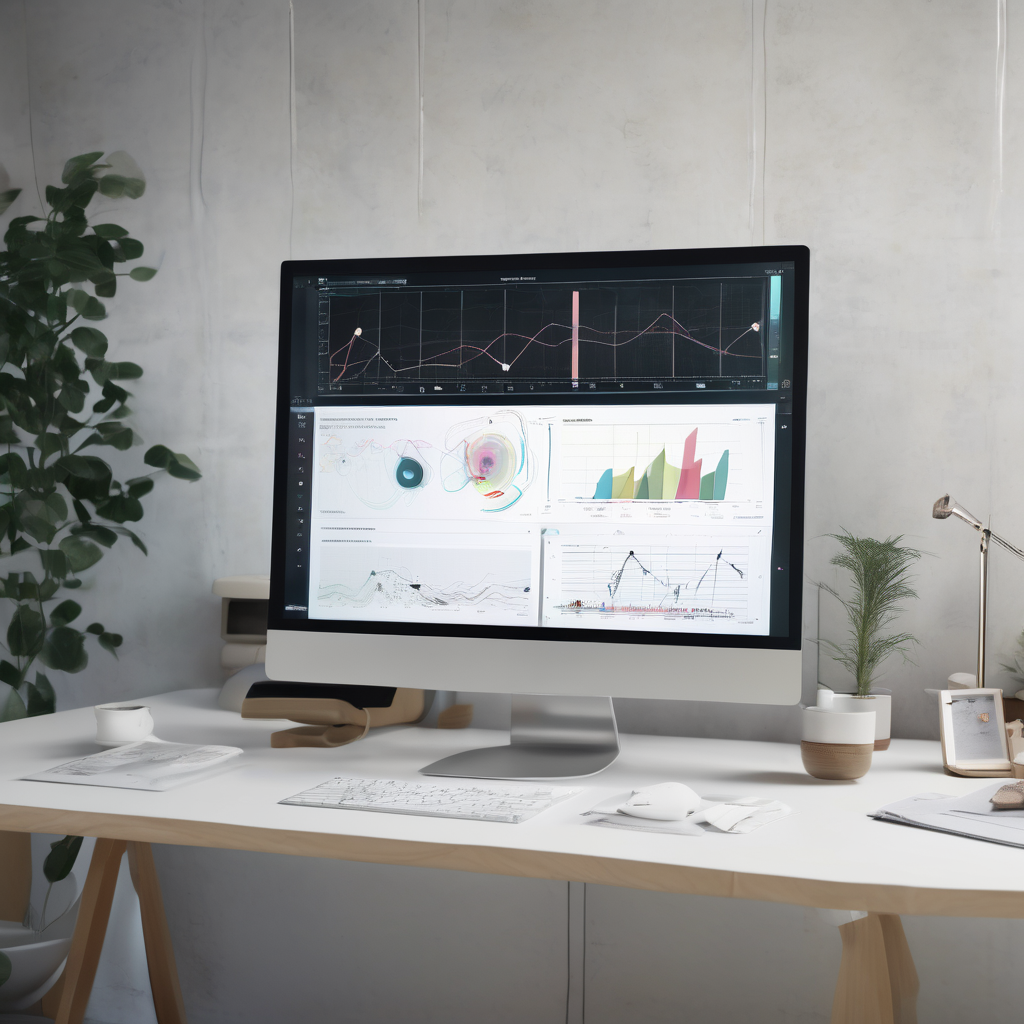
Asking Google’s AI video tool to create a film about a time-traveling doctor flying around in a blue British phone booth unsurprisingly yields a result resembling Doctor Who.
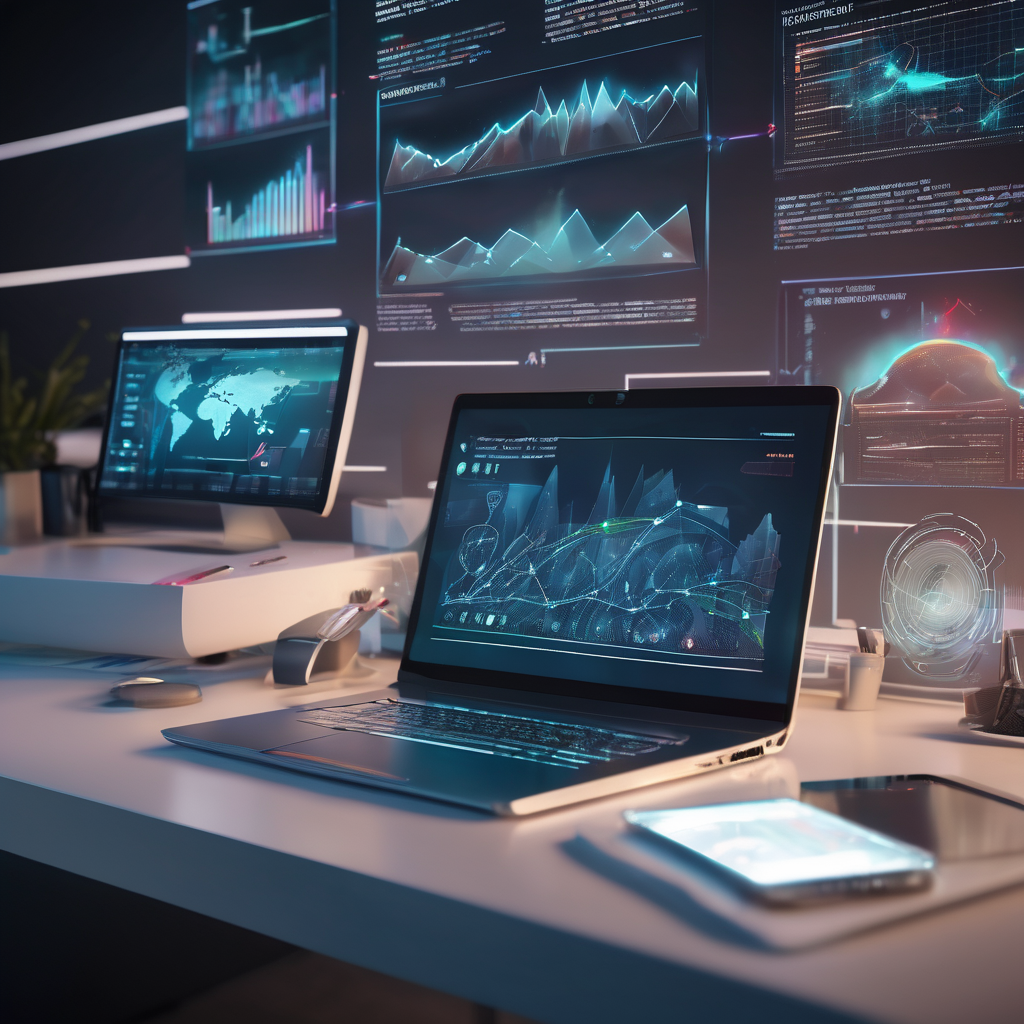
In today’s rapidly evolving digital environment, businesses face growing challenges to maintain online visibility and competitiveness.
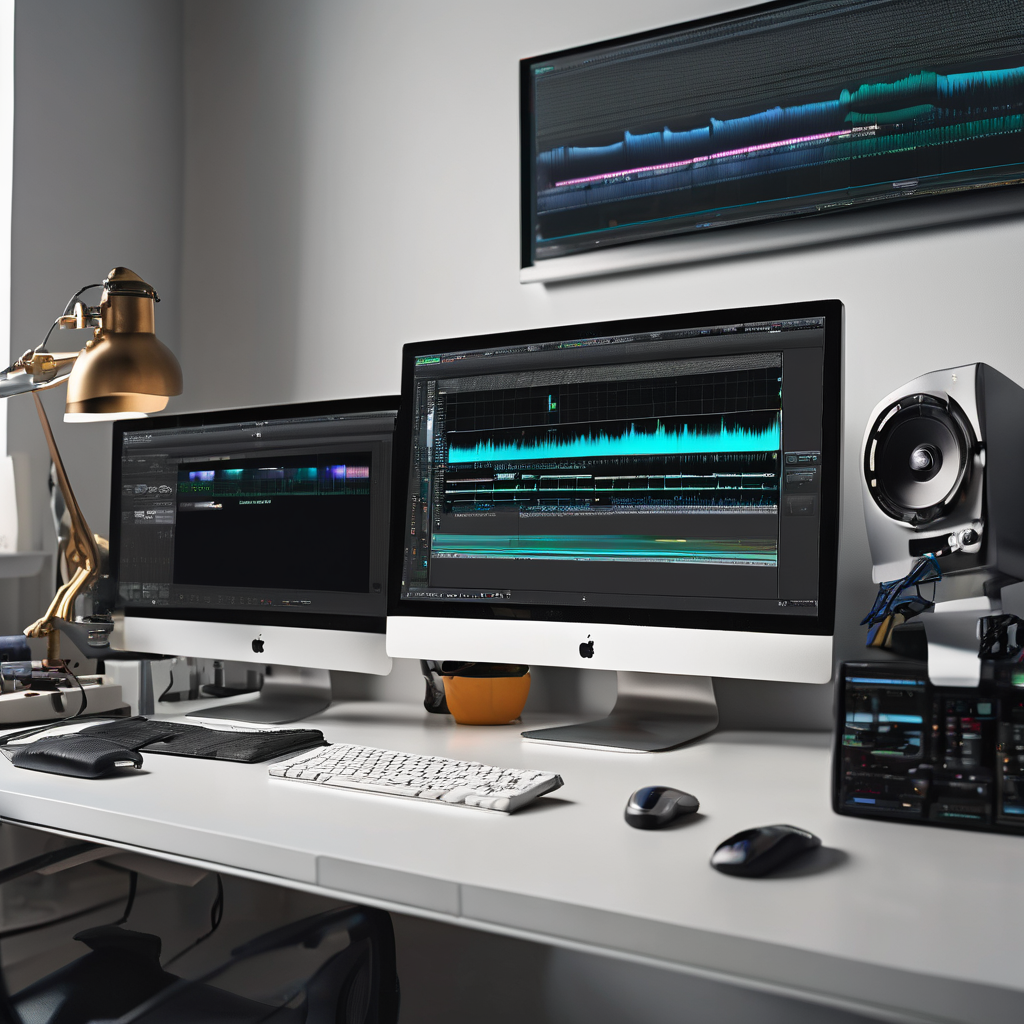
Google has launched Veo 3.1, the latest version of its advanced AI-driven video generator, marking a major advance in AI-based content creation.

SOMONITOR is an innovative explainable AI framework designed to boost the efficiency and effectiveness of marketing strategies by combining human intuition with advanced artificial intelligence capabilities.

During the 2024 holiday season, the adoption of AI-powered chatbots significantly improved the online shopping experience for U.S. consumers, driving a notable increase in sales.
Automate Marketing, Sales, SMM & SEO

and get clients on autopilot — from social media and search engines. No ads needed
and get clients today